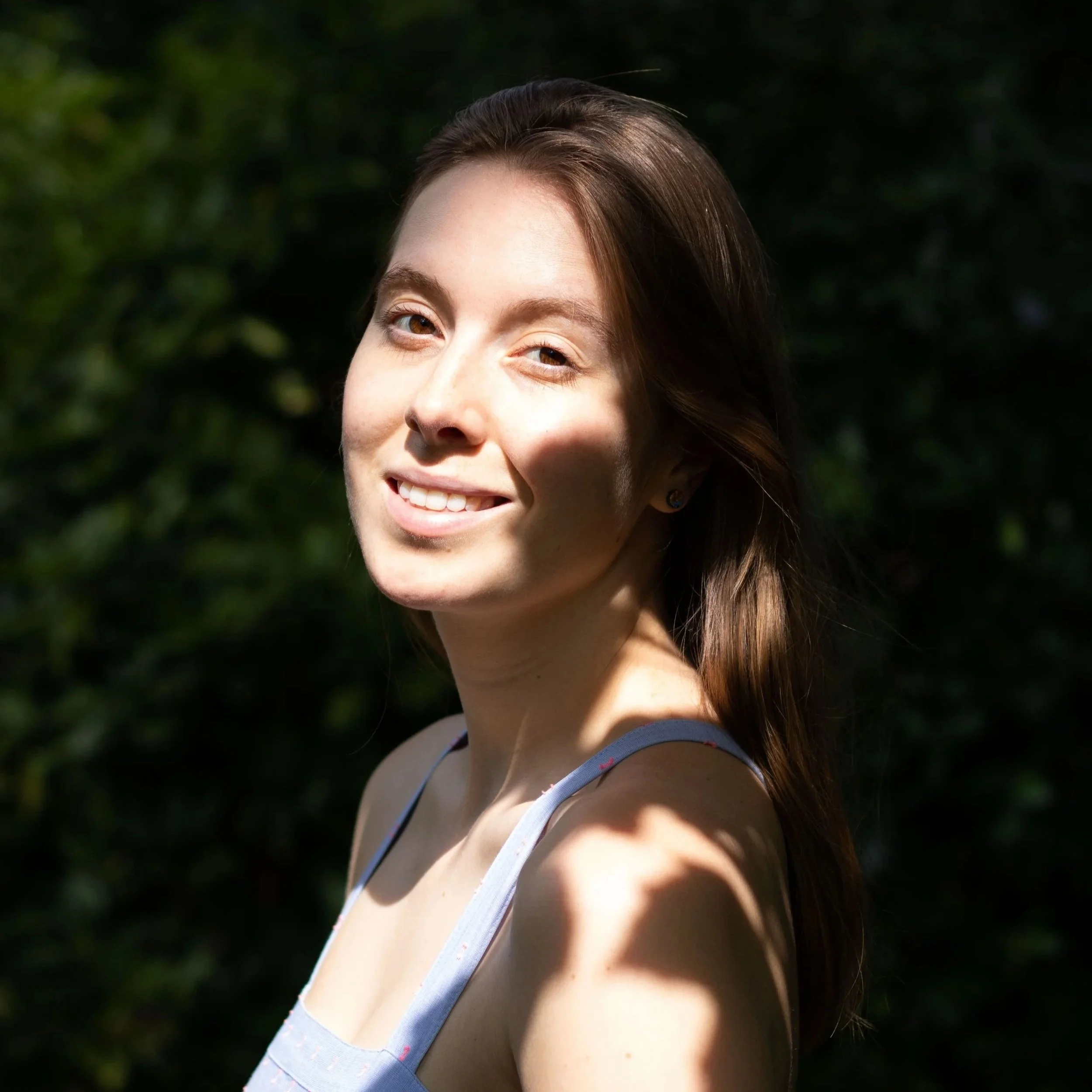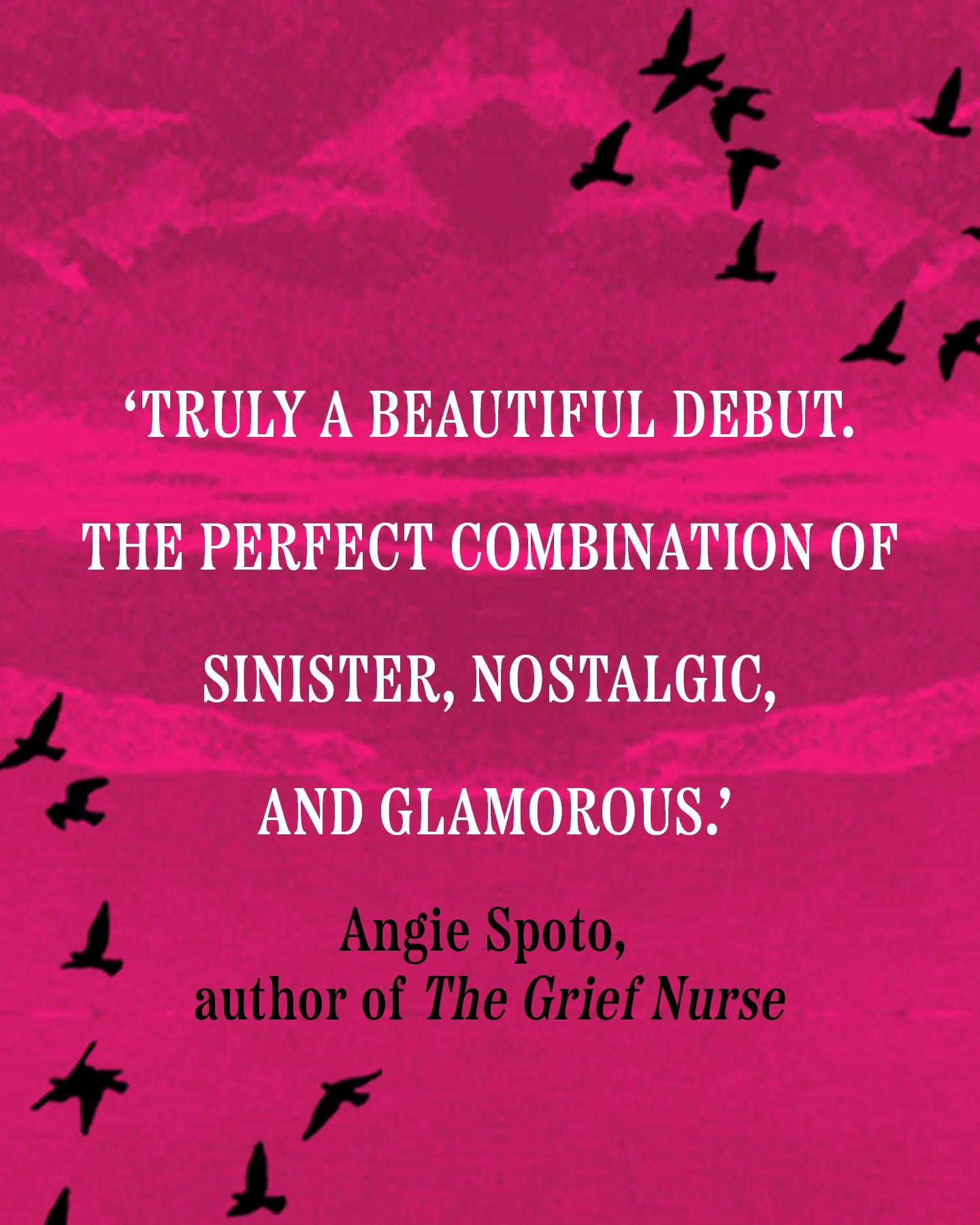Tips for neurodivergent debut writers- by Elspeth Wilson
Being a debut author can be daunting, confusing and isolating for anybody. Even with supportive publishing teams and agents, it’s still a process that can be opaque for those who are new to the industry, especially so much is up to chance. Add being neurodivergent into that mix and functioning in a (literary) world that wasn’t made with accessibility in mind can be really challenging.
My debut novel, These Mortal Bodies, a literary-leaning dark academia that’s described as The Secret History meets The Crucible, came out in July and here are some of the things I wish I’d known at the start of the process. I hope they help – a lot of it boils down to remembering you’re not alone and that being a debut is (hopefully) just the start of a writing career.
Don’t be afraid to state your needs
Your agent and team are there to support you so try to be honest about your needs in terms of communication and any accessibility requirements. This might look like sharing an access rider or it might be more informal – I just dropped my editor an email to let them know how important transparency was for me. I also found it helpful to see this as a continual process. There will always be surprises and unexpected things, both good and bad, in the publishing process and so it’s really important to keep checking in with yourself and your team to let them know how you’re doing.
Develop hobbies outside writing
This one comes thanks to Tom Newlands, author of Only Here, Only Now who advised me to find something I loved outside of writing in my debut year! Thankfully, I was already a committed swimmer and practitioner of yoga but I decided to really ramp up my focus on those things, even training as a yoga teacher earlier this year. Now, when I’m struggling with something to do with writing or publishing I already have other outlets to turn to that I love and I know will make me feel better. Writing is obviously a huge part of my life (especially as I want to build a long and sustainable career as an author) but it’s not the only one. And no matter how well or not my book does, a swim in the sea or a cuddle with my dog will be something I can enjoy just the same.
Find community
Connecting with other debut writers and making friends and colleagues with them has been one of the best parts of my debut experience. I’ve also been really grateful to meet some other neurodivergent debuts this way and have been able to ask them for support when I’ve needed it. When there’s so much about the writing process that you can’t control, it pays to focus on the things you can and one of them is forging bolstering, supportive relationships.
Don’t feel you need to listen to conventional writing advice
A lot of writing advice is written from a neurotypical perspective and the thing about writing advice in general is there’s no one size fits all. This comes across really clearly in my Substack Neurodivergent Notes on Writing where I interview neurodivergent writers: each one has a completely different process (and sometimes an individual writer will have a completely different process on different days!). If you hate journalling or you can only write in bed or you can never start writing until 10pm, that doesn’t mean you can’t achieve your writing goals. Experiment and try different things, but don’t feel beholden to advice that doesn’t suit you.
Remember you can say no
A writing career is a marathon not a sprint. The reality is that promoting a book is a collaborative effort between you and your team but that doesn’t mean you have to burn yourself out saying yes to everything or trying to take on too much yourself. There’s so much focus on launches and being a debut but I find it helpful to think about creating a long-term, sustainable literary career as I know that’s what I want to do. You can also say no to talking about things you don’t feel comfortable about, whether that’s your neurodiversity or something else. Long before publication, start having a think about topics or areas you’re uncomfortable talking about and be clear (with yourself) about your boundaries.
Create your own predictability
For me, the hardest thing about the publishing world is the lack of predictability. You could write an excellent book and it could end up being the next bestseller or it could end up not getting get a deal if the timing is wrong. So it’s really important for me to have a routine which I can ground myself in and to always return to my writing. Body doubling has helped me hugely in writing my second novel and I try to write every morning. Obviously, this is just what works for me (see above!) but it can be helpful to focus on your own equilibrium and stability as it’s unlikely you’re going to find that externally in publishing.
Know you can’t please everyone
Some people haven’t necessarily ‘got’ my main character, Ivy, in These Mortal Bodies. That might be because she makes some questionable choices in the name of sisterhood or it might be because I wrote her as autistic (though it’s not explicitly mentioned). And that’s fine. Whilst I would obviously hope that neurotypical readers can still relate to neurodivergent characters, it’s okay if people don’t get your work. You have to trust that it will find its readers and write what you want to write first and foremost.
Elspeth’s debut novel, These Mortal Bodies is available now.
Elspeth Wilson is a Scottish writer and poet. These Mortal Bodies is her debut novel. Her poetry pamphlet Too Hot to Sleep was published in 2023 and shortlisted for the Saltire Society's Scottish Poetry Book of the Year Award. Elspeth's work has been shortlisted for Penguin's WriteNow scheme and she curates a newsletter where she interviews other neurodivergent writers about their work.
When she's not writing, she can usually be found in or near the sea.


